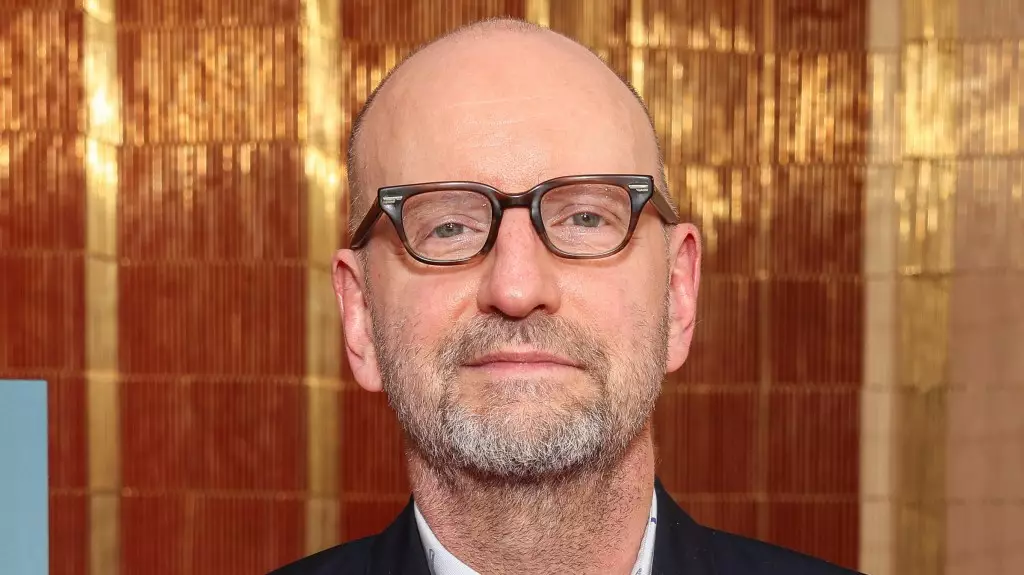Steven Soderbergh, an iconic figure in cinema, recently opened up about the perplexing disconnect between critical acclaim and audience engagement with his latest film, *Black Bag*. Despite earning rave reviews, the film struggled to draw in crowds, a phenomenon that points to a broader issue within the film industry. Soderbergh’s disillusionment echoes a sentiment felt by many: if audiences are unwilling to engage with substantive narratives, the future of “adult” cinema hangs in the balance.
This reflects a troubling trend where middle-tier films—those not laden with special effects or built around franchise lore—are being relegated to obscurity. Soderbergh poignantly asks, “What does this mean when you can’t get a movie like this to perform?” His words resonate with anyone who appreciates films as more than mere escapism; they serve as a clarion call for a return to a culture that values depth over spectacle.
Decline of the Thoughtful Film Audience
The idea that a film starring heavyweights like Cate Blanchett and Michael Fassbender should struggle at the box office is staggering. It indicates not just a shift in viewer preferences, but a possible cultural capitulation to mindless blockbuster fluff. Soderbergh insists that our industry must figure out how to cultivate an audience for nuanced films—those explorations of human experience that are neither low-budget horror flicks nor extravagant visual feasts. This is a necessary discussion; without nurturing the market for intelligent storytelling, we risk losing the very essence of what cinema can offer.
The director’s lamentation also raises an unsettling question: What happens to the next generation of filmmakers? If today’s standard seemingly favors the spectacular and the familiar, filmmakers who yearn to explore rich, complex themes may find themselves stifled. The implications are dire; Soderbergh suggests that some of his most influential work, such as *Erin Brockovich* or *Traffic*, likely wouldn’t even exist in this contemporary landscape. The tragedy lies not just in lost films, but in lost opportunities for storytelling that speaks to the human condition.
A Cautionary Tale for the Industry
Recent box office patterns have raised eyebrows, but Soderbergh offers a rare clarity in a muddied landscape; the appeal of intricately crafted narratives should not be disregarded. He emphasizes the importance of reinstating a culture that supports mid-range, star-driven dramas. These films serve as a connective tissue in cinema that can prompt discussions and reflections about life, morality, and humanity.
As an industry, we must ask ourselves: are we willing to sacrifice depth for momentary thrills? The answer could shape not just the direction of future films but also the kind of conversations we have as a society. Directors like Soderbergh highlight a path forward, advocating for an audience willing to venture beyond the recognizable. As tastes shift, it becomes imperative to actively seek out and champion films that explore the complexities of life—because without them, popular cinema risks becoming an echo chamber of triviality.
In the end, the survival of the mid-range film is not merely an industry concern; it is a cultural imperative. The revival of thoughtful cinema hinges on acknowledging its intrinsic value beyond mere financial success. Each voice, each narrative, adds richness to the tapestry of filmmaking. Isn’t it time we start valuing that?


Leave a Reply